“Part of our relationship is introducing the newsroom to communities that we serve, not just in moments of crisis, but in moments where you can understand their lived experience.”
Carla Thompson Payton, vice president for program strategy at the W.K. Kellogg Foundation, recently joined a panel at the annual conference of the National Lesbian and Gay Journalists Association (NLGJA). The foundation-sponsored panel, “Truth, Racial Healing and Transformation: How Healing Through Storytelling Changes Newsrooms,” brought together leaders from journalism-affiliated organizations reflecting communities of color. Panelists were invited to discuss the challenges faced by journalists of diverse backgrounds and expand on how journalists and news organizations can produce content that gives voice to the rich diversity of race, sexual orientation and gender identity in America.
NLGJA is an organization dedicated to promoting fair and accurate coverage of LGBTQIA+ issues in the media. The NLGJA serves as a resource and advocacy group for LGBTQIA+ media professionals, as well as advocating for representation, dignity and respect for LGBTQIA+ voices and stories in journalism and reporting.
Other panelists were Ken Lemon, president of the National Association of Black Journalists and a reporter at WSOC-TV in Charlotte, North Carolina, and David Cordero, the Region 1 Director for the National Association of Hispanic Journalists and investigative journalist for the Investigation and Data Unit of El Nuevo Día / GFR Media. The panel was moderated by Sharif Durhams, deputy managing editor at The Washington Post and the former president of NLGJA.
The panelists reflected together on the new and unique challenges facing journalists of color and media professionals in the three years after the start of the COVID-19 pandemic and the murder of George Floyd. Panelists highlighted the importance of organization-wide commitments to diversity, equity and inclusion (DEI) by raising concerns about the abrupt hiring or promoting of DEI managers and diverse reporters in newsrooms, in the wake of major racial justice events, without the necessary support in budget and changes to editorial practices. Topics ranged from the role and responsibilities of allies in covering diverse communities, and the evolving media landscape with the expansion of artificial intelligence capacities. These will, the panelists agreed, all be key components of the media landscape leading up to the 2024 elections.
For many present at NLGJA, LGBTQIA+ marginalization within traditional media has contributed to individuals and communities seeking alternate sources of news – where diverse voices and experiences can be centered, but where divisive narratives and misinformation can abound unchecked. Thompson Payton reflected, “For [the Kellogg Foundation], it’s really around what partnerships need to happen, both at the local level and the national level, that really can tell the lived experiences that folks are doing. Who are the people and the voices that genuinely reflect the stories of those communities? And then – how can we support them either in their own endeavors or as accelerators or [by] sponsoring certain activities or certain events so that they have an opportunity to have a larger platform?
We want the story to be real, true, and to change hearts and minds. That’s how we’ve been approaching our work.”

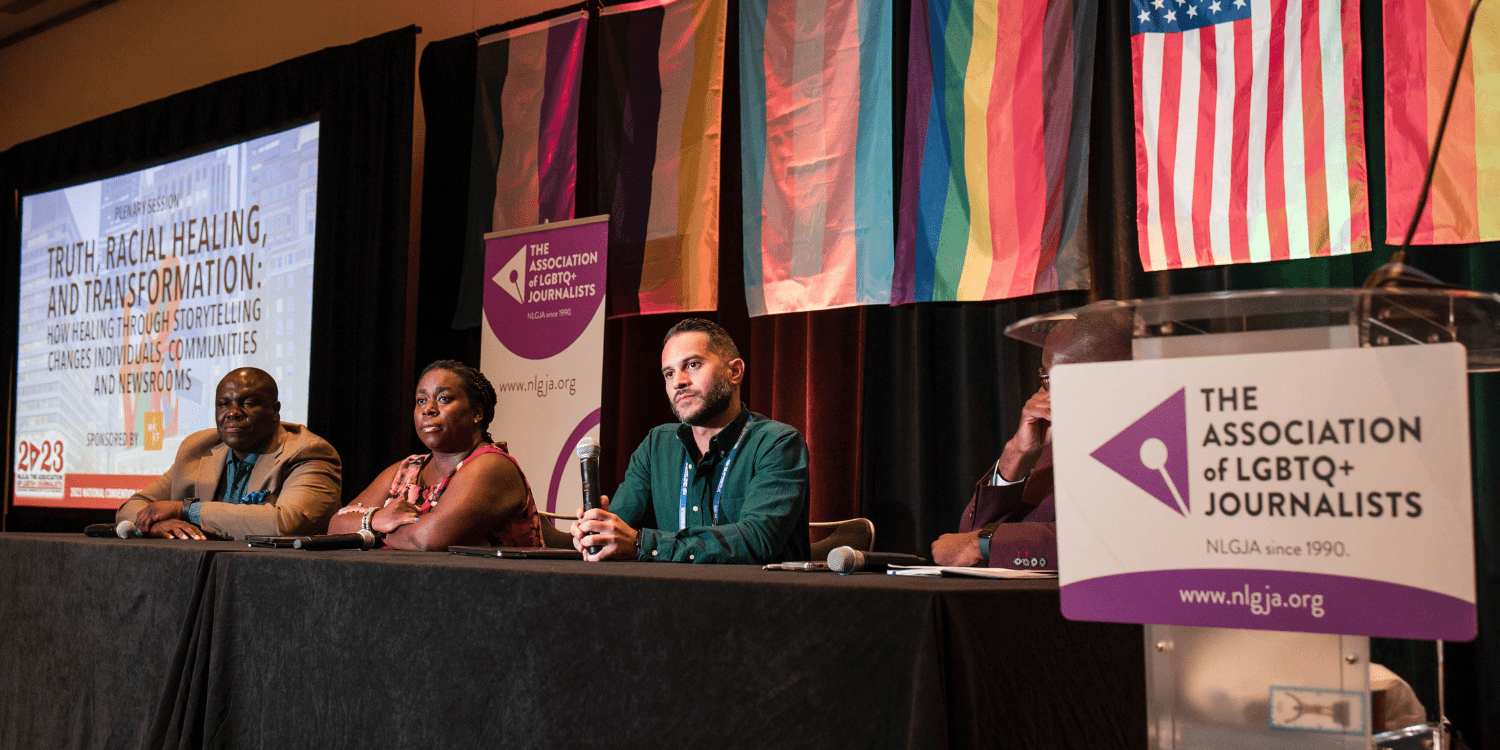
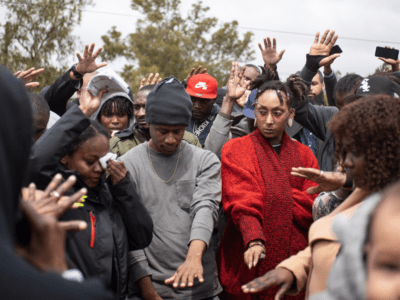
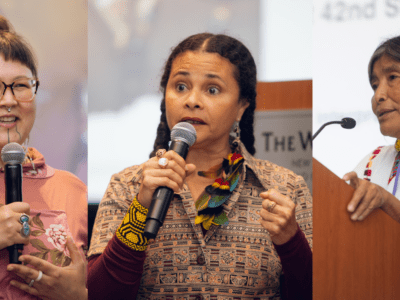
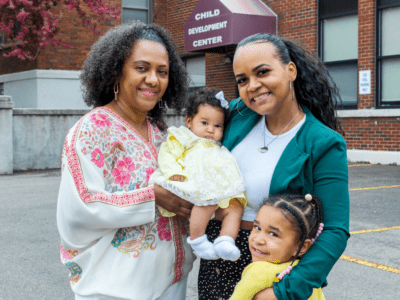
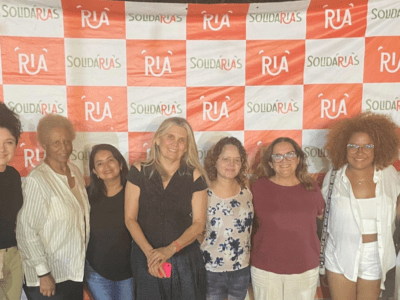
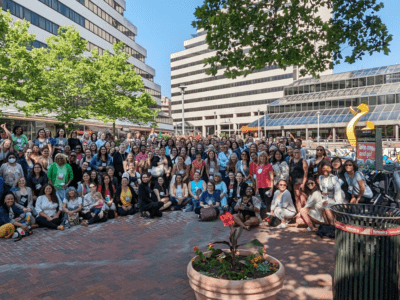


Comments